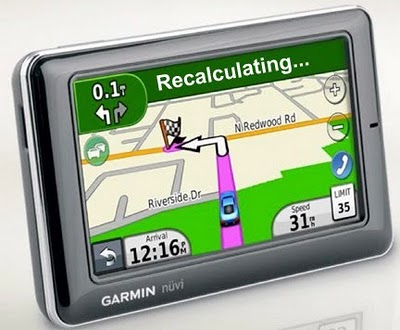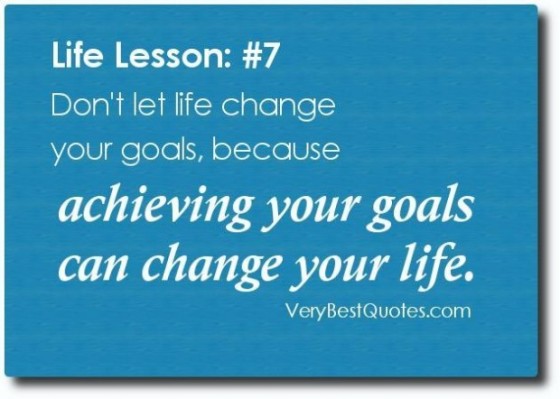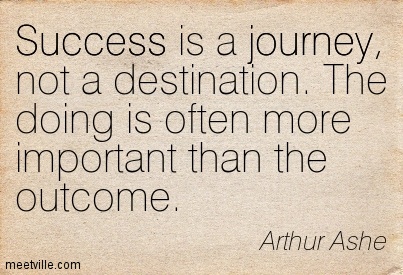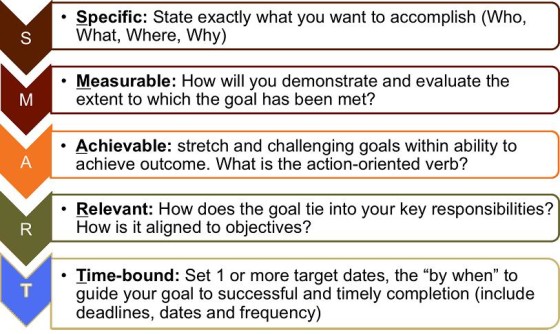Recalculating – GPS, Commitments & Goals

“Recalculating.” If you’ve been in a car with a global positioning system (GPS) you’ve probably heard the response. When you have deviated off the GPS course the system announces, “Recalculating.”
Like a concerned mother wanting to make sure their child makes it to their destination the GPS immediately begins determining a new route based upon your current position. If it could I imagine my GPS would like to expand its vocabulary to include:
Dude, why aren’t you listening to me?”
and
Buddy you’re on your own.”
Many of us began 2013 with commitments and goals for the year. Now that 2013 is in the rear review mirror? Did you reach the destinations you set for yourself? If not we need to be like the GPS and “recalculate” to get back on track.
SMART Goals
Are your goals SMART? Are your goals Specific, Measurable, Attainable, Realistic and Timely?
Specific
Is your goal specific? A specific goal has a better chance of being accomplished than a general one. A specific goal answers the following questions:
- Who. Who is involved?
- What. What do you want to do?
- When. In what time-frame will the goal be accomplished?
- Which. What are the requirements and constraints?
- Why. Pull out your list of goals – yes, they should be a written list. For each goal ask yourself, “What is your why?” Why do you want to achieve this goal? Your answer to “why” will identify your level of motivation towards accomplishing your goal. If your answer to why reflects a surface level rather than a deep desire it could explain your lack of progress toward your goal. Without a deep desire to achieve a goal, your motivation will diminish with time. By identifying or improving your “why,” you can tap into greater motivation and commitment to achieving your goal.
Realistic
After confirming your goals are the things you have a deep, burning desire to achieve, the next thing you need to do is verify your goals are realistic.
- Break goals down; identify what is needed to achieve it
- Identify time and resources needed to achieve the goal
- Decide whether you have time and resources to accomplish your goal.
- Prioritize your goals focusing on those you have time and resources for
Public Commitment
Once you know which goals you’ll work on don’t keep them a secret. You can increase your commitment by letting family and friends know your intentions. You’ll be more likely to take action toward achieving your goals when the alternative is losing face with people about whom you care.
If the threat of public humiliation isn’t enough, you also can incorporate a negative consequence. Find something that will be painful for you to do, and publicly commit to enduring the consequence if you don’t achieve your goal.
Some people are more motivated by rewards than punishments. If this describes you, find a reward that you’ll receive upon completion of your goal. This could be anything from a vacation to buying the car you want or something more simple, such as treating yourself to a new outfit, Louis Vuitton bag or a massage. Rewards are powerful for motivating your inner child.
Accountability
Most of us find it easy to let ourselves off the hook. We can quickly justify why we haven’t followed through on our commitment to take action on any particular day, just as we can easily make excuses about why we miss our targets completely.
If you find yourself frequently slipping into these habits, an accountability partner will be a huge benefit to you. In fact, I believe so strongly in accountability partners that participants at my annual Breakthrough to Success retreat to pair up with another attendee as their accountability partner before they leave.
Accountability partnerships work as follows: Each morning, you hold a 5-minute phone call during which you each share what you’re committing to do that day. For example, you could share your “Rule of 5,” in which you commit to doing 5 things to move you toward your biggest goal. (Tip: Use my Top 5 Priority Action Post-It notes to keep your commitment front and center.)
The next morning, you report on your progress from the previous day and share what you’ll accomplish in the coming 24-hour period. Knowing that your partner will be asking you whether you upheld your commitments the day before can be a powerful motivator for getting tasks completed.
A proven twist on accountability partnerships is working toward your goal with another person. For example, I meditate with my wife every morning. We hold each other accountable. If I sleep in too late, I can count on Inga to wake me up and say, “Come on, we’re meditating now.”
If you find that having a friend or colleague serve as your accountability partner is not enough, consider hiring a professional, such as a coach or trainer. These individuals may be better equipped to recognize self-sabotaging behaviors and beliefs – as well as to hold you accountable for taking action. And if you’re someone who hates to waste money, knowing that you’re paying someone to hold you accountable might be the added motivation you need to keep your commitments.
Recalcuate and Get Back on Course – TODAY!
It’s normal to veer off course when pursuing goals. Sometimes this happens because we’re not truly committed to our goals. Other times, it’s because we struggle to hold ourselves accountable for doing the necessary work. Use the tips in this article to get yourself back on track in making steady progress in turning your dreams into a reality.
 Please forward this post to your favorite social media. Thank you.
Please forward this post to your favorite social media. Thank you.







